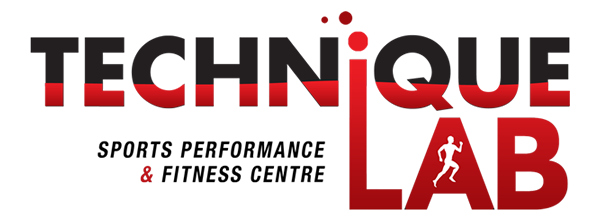Every so often you might hear a discussion in coaching circles as to whether a coach should or should not change an athlete’s running technique. Many of the arguments posited against the change are along the lines that an athlete runs based on their “natural tendencies” and changing those natural tendencies may result in altering the uniqueness that makes  them who they are. This position in some way suggests that after those technical corrections are made, the athlete may not perform at the same level and may even become worse.
them who they are. This position in some way suggests that after those technical corrections are made, the athlete may not perform at the same level and may even become worse.
What I find with most of the discussions about technique and the new developments in the sport of Athletics, is that they all seem to be discussed in the context of the Elite Senior athlete. It is almost as if all the research is focused on those athletes that are in the sport for 10 plus years. Elite senior athletes represent less than 5% of persons participating in the sport and therefore great care must be taken before we extrapolate those practices to the Juniors and Youth aged athletes.
The simplest definition of Technique is “how something is done.” So whether the discussion is about sprinting, running, jumping or throwing, there is a “how”, which is an established technical or Bio-mechanical model that the coach aims to use practice sessions over a period of time to developing same in the athlete. If we take sprinting as an example, there is a sprinting technique that is based on the bio-mechanical models that are widely accepted within the sport and therefore the coach’s daily effort is to inculcate in the athlete the sprinting technique based on the model. The argument against changing an athlete’s technique may very well have some weight for an Elite athlete, who has had hundreds of hours of training and may have concretized both mentally and bio-mechanically his/her “how”, to the extent that modifying that may result in a worse performance than hoped in the short term. There are opportunities for technique correction in the Elite Seniors.
From my experience, I find that athletes at all levels usually get worse before they get better when there are changes to their technique. Firstly, I am not going to attempt a change the week before a major competition nor just before the last chance Meet to hit a qualifying mark. Secondly, I usually tell the athlete, at the start, that it is going to be a process and that their performance may get worse initially which might lead them to question whether it is going to work or not, but there is no need to be doubtful or to panic, but instead they have to be mentally committed to the process. I find that once the athlete buys into it mentally and there is enough visual feedback (with the use of video) and proper coaching cues, the athlete is able to successfully make the change in their technique and the performance is usually better.
qualifying mark. Secondly, I usually tell the athlete, at the start, that it is going to be a process and that their performance may get worse initially which might lead them to question whether it is going to work or not, but there is no need to be doubtful or to panic, but instead they have to be mentally committed to the process. I find that once the athlete buys into it mentally and there is enough visual feedback (with the use of video) and proper coaching cues, the athlete is able to successfully make the change in their technique and the performance is usually better.
The concept of not changing the athlete’s technique is also impractical at the developmental level. Such a practices would imply that persons are born with the natural abilities of how to run, sprint, jump and throw. The coach has to play at role of teaching the athlete the technique and patiently influencing, correcting and molding on a regular basis. In fact, proper technique will save the athlete from injuries, some of which may even be career threatening. The important thing is to know the athlete, properly assess the performance goals and timelines and once there is sufficient time, the coach should make every effort to improve on how the athlete performs the skill. Whether you are a coach or an athlete, the encouragement is for you to focus on the destination and not the journey. Commit and Enjoy!
If you need more information and some expert guidance on this and all other fitness and performance factors, then feel free to contact us at performance@techniquelab.com.
Be safe and healthy.
David Riley
Performance Coach
World Athletics Level 3 Academy Coach



Good job Coach!